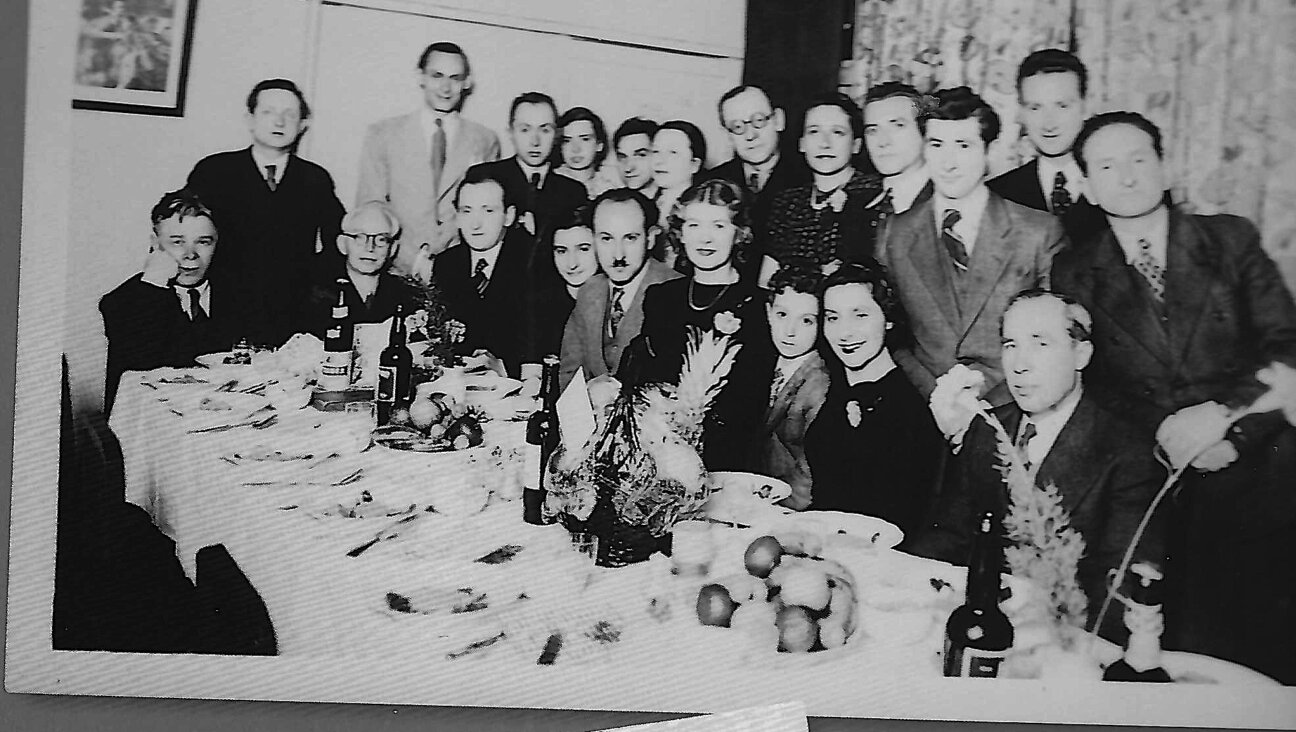A Woman With the Title ‘Reb’
This week I had the privilege of studying with a remarkable teacher, Reb Mimi Feigelson, who taught a three-day seminar on “soulful prayer” at the Drisha Institute for Jewish Education.
Reb Mimi is a teacher in the Ziegler School of Rabbinic Studies at Los Angeles’ American Jewish University, where she teaches rabbinics and is the students’ mashpiah ruchanit, or spiritual guide.
She is also the first woman to have earned Orthodox rabbinic ordination; hers was granted by Rabbi Shlomo Carlebach in 1994, the year he left this world, as she would say.
Normally I am uncomfortable with the term “reb.” While “reb” is used as a greeting of friendly, warm respect between men in the Orthodox world, and for Hasidic spiritual leaders, in the Jewish Renewal community it is also used by those who are considered important teachers. Yet I’ve too often seen it used by and for people who don’t necessarily seem all that learned to me, and so it has felt devalued.
But with Reb Mimi, well, I overcome my discomfort because she has earned that title, yet regards her ordination as a private matter. The fact of her rabbinic ordination was not widely known for years, in fact, until she was “outed” in an article in 2000 in the New York Jewish Week. She views herself simply as a Hasid and a teacher, working to give over the teachings that have been given to her.
Reb Mimi taught her Drisha students this week about various chasidishe approaches to connection with the Divine. Slightly self-deprecating, often funny and always deep, her teaching focused on the Hasidic rebbes known as the Mei HaShiloach and the Netivot Shalom, though she weaved through her talks many teachings from Reb Shlomo, various Lubavitcher rebbes and others.
She spoke of connection with God in terms of being in relationship — a relationship that is feels sometimes difficult and often imperfect, but one in which God is always connected with us, whether or not we want it or feel it.
Reb Mimi explains her title to The Sisterhood this way: “The lineage that I am connected to is the Hasidic lineage and the Hasidic masters are know with the title “reb” — Reb Levi Yitzchak, Reb Shueur Zalman, Reb Shlomo etc. Therefore it felt most fitting that this would be the title I would use to express my rabbinate.”
The rest of her response reveals the heart of who she is as a teacher and as a person — one always interested in conversation, with people and with God: “In the reality we live in, if you see the title ‘rabbi’ next to a woman’s name you would never stop for a moment and think that she is an Orthodox rabbi. The title ‘reb’ begs of you to ask who this woman is … It is an invitation for conversation.”

I hope you appreciated this article. Before you go, I’d like to ask you to please support the Forward’s award-winning journalism this Passover.
In this age of misinformation, our work is needed like never before. We report on the news that matters most to American Jews, driven by truth, not ideology.
At a time when newsrooms are closing or cutting back, the Forward has removed its paywall. That means for the first time in our 126-year history, Forward journalism is free to everyone, everywhere. With an ongoing war, rising antisemitism, and a flood of disinformation that may affect the upcoming election, we believe that free and open access to Jewish journalism is imperative.
Readers like you make it all possible. Right now, we’re in the middle of our Passover Pledge Drive and we need 500 people to step up and make a gift to sustain our trustworthy, independent journalism.
Make a gift of any size and become a Forward member today. You’ll support our mission to tell the American Jewish story fully and fairly.
— Rachel Fishman Feddersen, Publisher and CEO
Join our mission to tell the Jewish story fully and fairly.
Our Goal: 500 gifts during our Passover Pledge Drive!

























